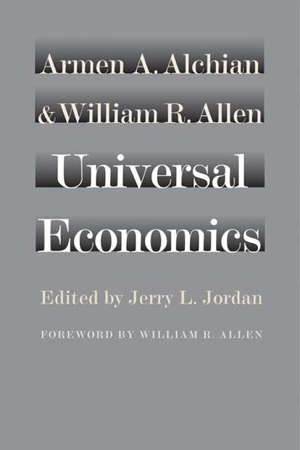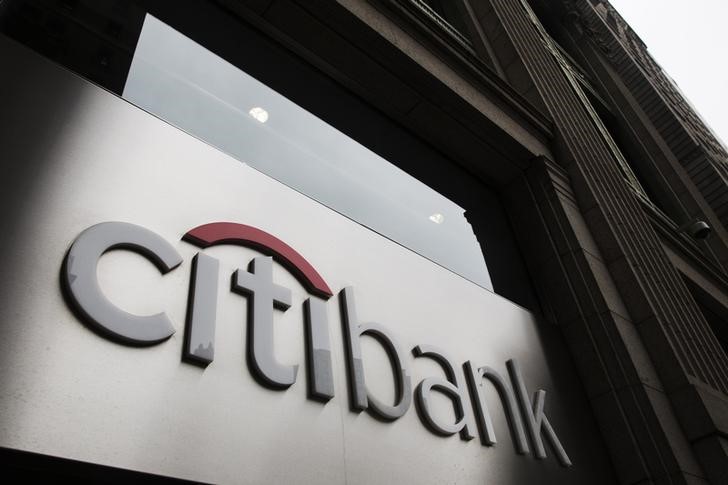© Reuters. FILE PHOTO: The Barclays logo is seen in front of displayed stock graph in this illustration taken June 21, 2017. REUTERS/Dado Ruvic/Illustration/File Photo
By Milana Vinn, Abigail Summerville and David Carnevali
NEW YORK (Reuters) – Barclays (LON:) Chief Executive C.S. Venkatakrishnan held a virtual town hall this week to address management changes that have led to about two dozen U.S. investment bankers fleeing in the last few weeks, people familiar with the matter said.
The bankers have left for rivals including Citigroup Inc (NYSE:), UBS Group AG (SIX:) and Jefferies Financial Group Inc, Reuters has reported. Venkatakrishnan’s intervention underscores the pressure that the British bank is under to protect its U.S. investment banking franchise.
Barclays slipped to 14th place in Refinitiv’s Americas mergers and acquisitions league table in the first quarter of 2023 from sixth a year earlier, even as it jumped from ninth to fifth in the Europe, Middle East and Africa league table, as its U.S. dealmakers struggled to preserve market share amid a slowdown in transactions.
Venkatakrishnan promised during the meeting to invest in the investment banking business to boost morale, the sources said.
While he did not name bankers by name, Venkatakrishnan addressed management changes that led to former Credit Suisse Group AG investment banking and capital markets co-head Cathal Deasy and former Morgan Stanley (NYSE:) global capital markets co-head Taylor Wright taking over in January as Barclays global co-heads of investment banking.
The elevation of these newcomers to the bank bypassed tenured Barclays bankers that had been seen as possible successors, including those popular with their colleagues such as Marco Valla, who subsequently joined UBS, the sources said.
Barclays in January had said it was in talks with Deasy and Wright’s predecessors, John Miller and Jean-Francois Astier, about new roles. Miller left Barclays to join Jefferies last month, while Barclays announced a new role for Astier this week, naming him global head of financial sponsors. In February, Astier had been appointed global chair of the investment bank.
Venkatakrishnan said the changes were part of a succession plan and reflected the bank’s strategic focus on covering big clients and the smart use of its balance sheet when it comes to financing the deals of private equity firms.
Responding to a question from one of the attendees at the meeting about compensation, Venkatakrishnan said this would reflect each employee’s value and performance.
Barclays declined to comment on the meeting.
It was the second such meeting that Venkatakrishnan has held with bankers in recent weeks. The first was a shorter 10-minute call last month where he did not take any questions, according to one of the sources.
To be sure, Barclays has also been seeking to replenish talent, hiring five managing directors in the United States and another five around the world this year. Last year, the bank brought in Jim Rossman as global head of shareholder advisory from Lazard (NYSE:) Ltd and this year it hired Christopher Ludwig from Credit Suisse to work on shareholder advisory.
Still, the exodus that Venkatakrishnan and other Barclays executives have been trying to stem has continued apace. In recent days, information services head Pete Contrucci left to join UBS, while U.S. financial sponsors co-head Evan Rothenberg and head of strategic finance Daniel Kerstein also exited, said people familiar with the matter.
Contrucci and Rothenberg did not respond to requests for comment, while Kerstein declined to comment.
Overall, the United States has been a bright spot for Barclays, helping it score a 16% pre-tax profit jump in the first quarter that beat analysts expectations. But it was its consumer, cards and payments division, rather than investment banking, that led the charge. Fees from advising on corporate mergers and fundraising were down 7%.
Mergers and acquisitions activity shrank to its lowest in more than a decade in the first quarter of 2023, as rising interest rates and high inflation reduced appetite for dealmaking.







































